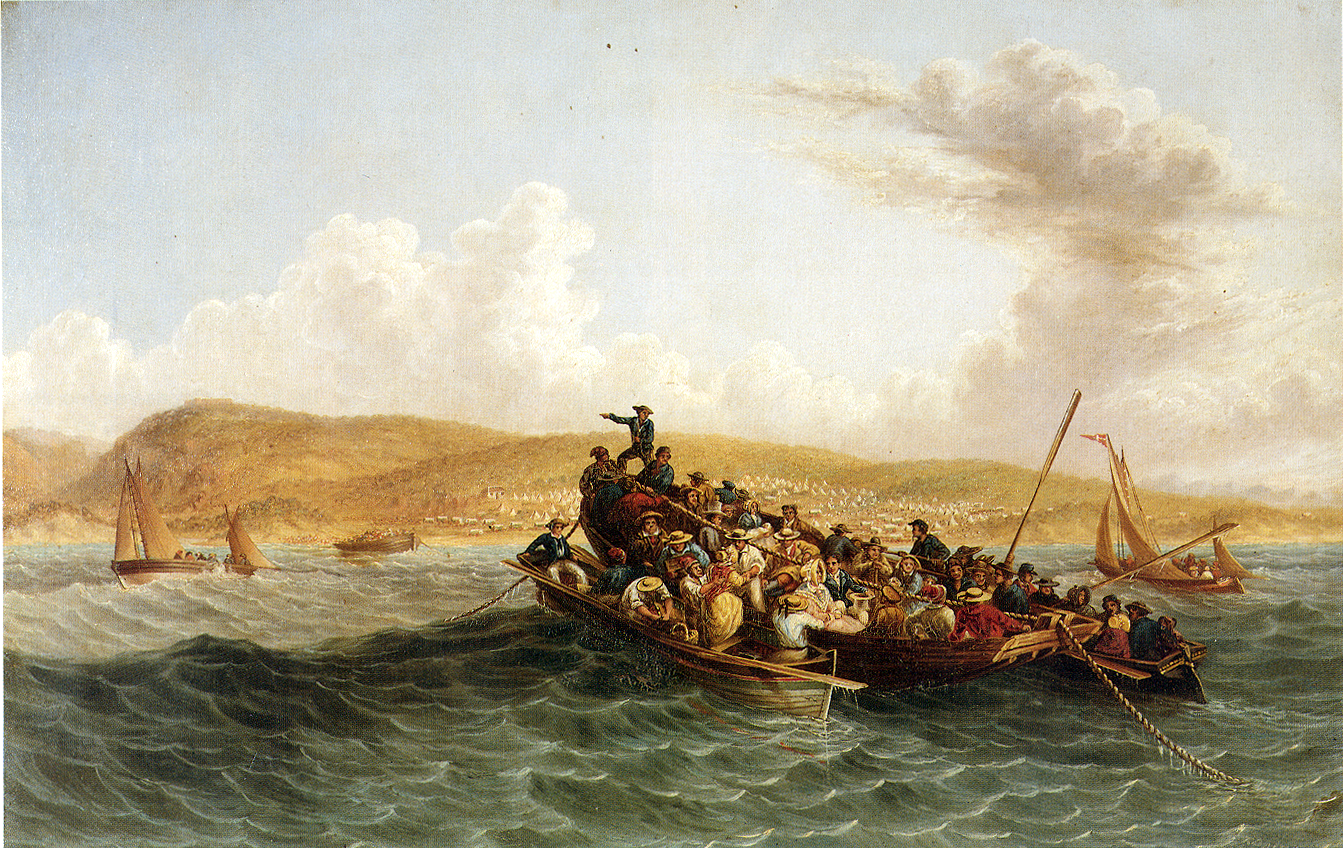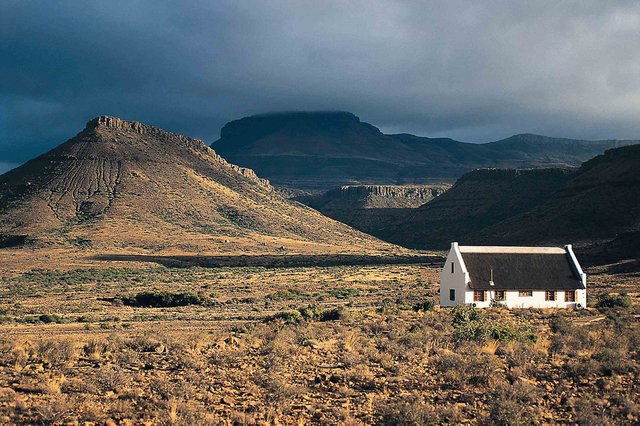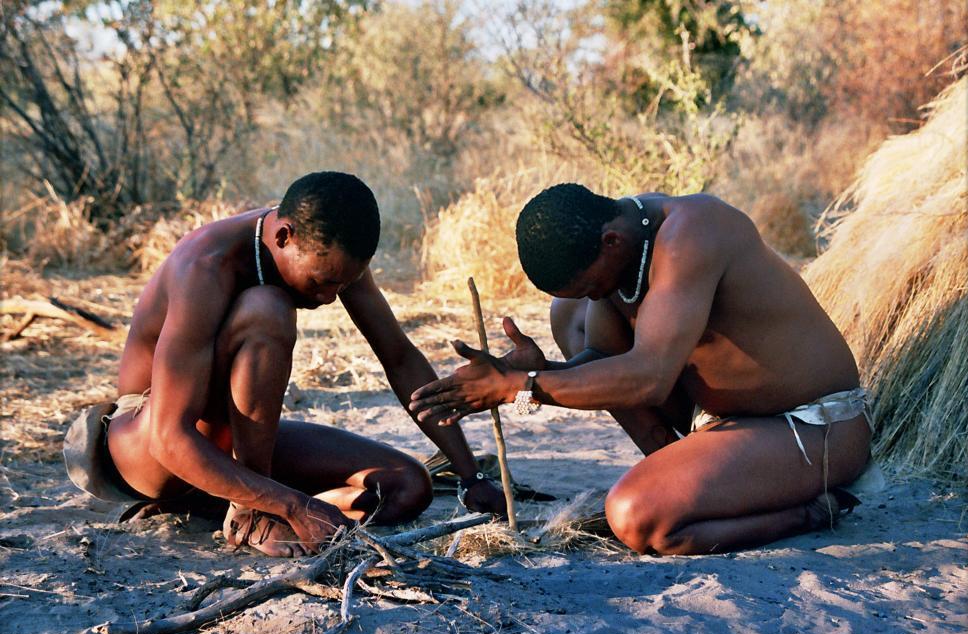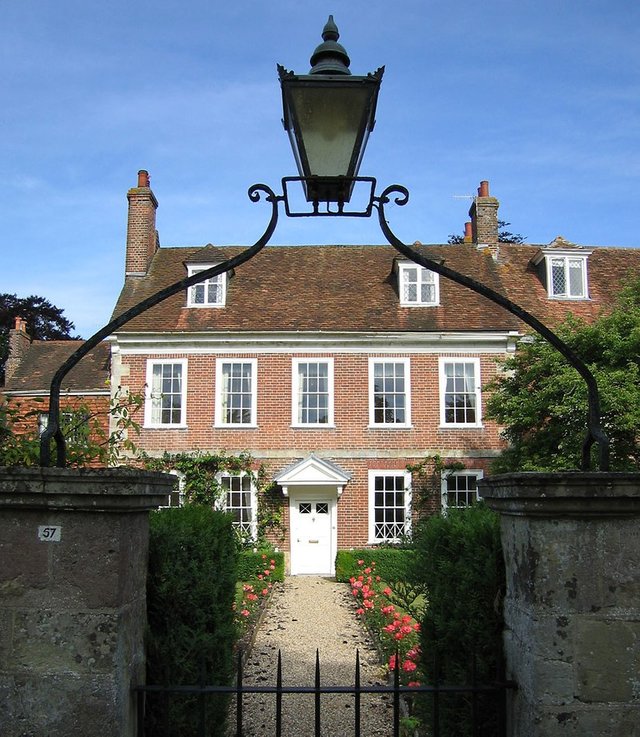Courageous Settlers Find a Place in the Sun

It was April 9th 1820 when the ship, Chapman, arrived in Algoa Bay. Hundreds of passengers scampered on deck to see this place that they were promised to be a land of opportunity.
They were promised offers of free passage and a piece of land. Thousands of British people jumped to take up on the offer. They came from economically depressed areas such as East Anglia, Bristol and London to a new Colony, 11.000 miles from home.
Henry Drummond, a British man, came with women and his parents to make a new, more prosperous life. He explained what he experienced thus, "Africa was suggestive of little but, waterless wilds, burning sun's, the death - wind of the desert and slave trade".
They were left among their bundles and boxes on this land that was a stranger. The land allocated to them, was many miles from civilization. Some of them came prepared with essential tools and farming implements from home. Some stocked up from the trading depot at Algoa Bay. Axes, hammers ploughs, seeds and harrows were aquiered at a price.
Now, first and foremost, the British settlers they had to construct dwellings of some sort. They erected primitive wattle and daub shacks. It was a framework of branches and clay. These proved to be utterly useless for the Cape's extreme climate.

They started tending their fields, growing wheat. They tried the best they could. Some said:"with courage in their breasts" Early accounts said that they sowed carrots in trenches, onions roots - up and corn still on the cob. Their best efforts seemed to be wasted,with floods followed by 3 harvestless seasons.
Life was extremely lean and the towns seemed much friendlier and suitable to a mercantile people. Luckily their spirits remained willing and strong and for that they, some of our ancestors, deserve recognition.
They outright disobeyed government restrictions on Khoza trading, on freedom of speech and movement. The government, however, was forced to accept this behavior as they didn't keep promises made. It was now that the British settlers put their stamp on a new society.

They established a free press which implicated literacy and other advances. They organized reputable educational institutions with formal schooling by qualified teachers. They constructed churches and started missionary work. This work lead to not only the Word to non Christians, it established publishing skills and the gospel printed in Xhosa by 1840.
The farmers started to prosper and their feeling of permanence could be seen in high ceiling edges houses, built after the Georgian lines. Their wrought ironwork and ornamental ceilings were beautiful. Such a far cry from those harsh, humble beginnings.

The British Settlers attributed much to the Cape and Eastern Cape. Much of their influence is still present today. Ironically, their presence was a factor that inspired the Voortrekkers to depart.
Sources; History of South Africa, Pixabay.
Tags: history bravery change life
Good post. The 1820 Settlers were basically dumped on the Eastern frontier to act as a buffer against attacks by the Xhosa tribes
Thank you. Getting back into SA history is interesting.